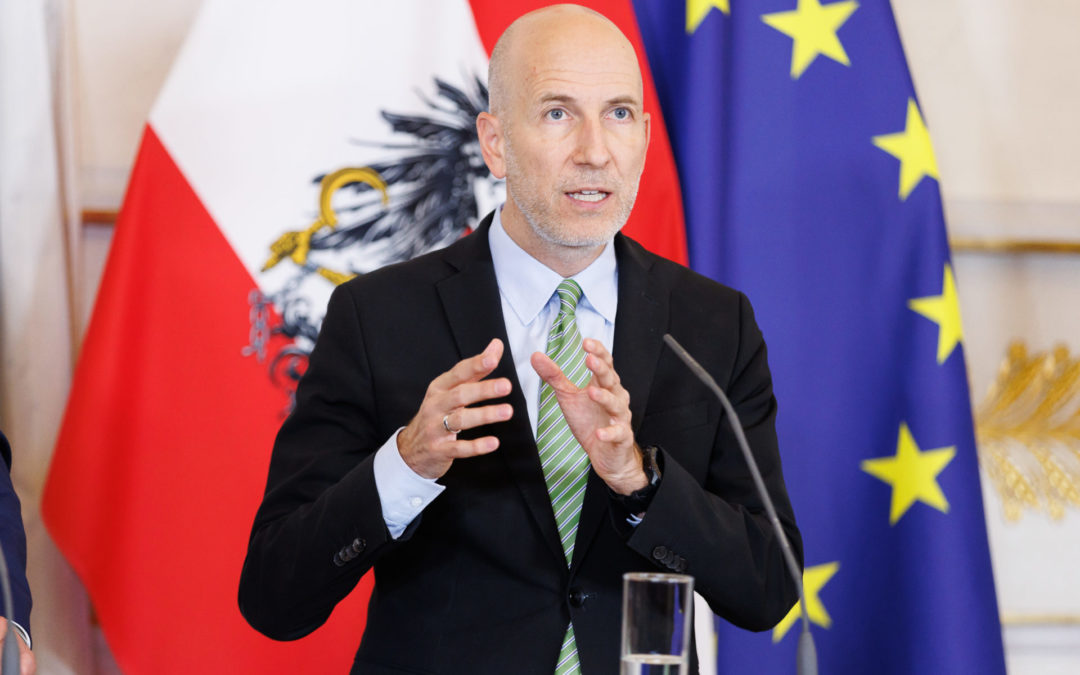EU-wide/Brussels – The labor ministers of the 27 EU member states could not agree on stricter rules for internships. This was announced by the Hungarian EU Council Presidency on Monday in Brussels. The EU countries are not in agreement on how far the planned EU directive should go. Austria’s Minister Martin Kocher welcomed the objectives of the directive before today’s ministerial meeting, but there should be no “unnecessary additional bureaucracy and reporting obligations”.
The EU directive presented by the EU Commission in March should prohibit employers from paying and treating interns differently than other employees, unless there are objective reasons to do so. These could include different tasks as well as lower responsibility or workload. The EU member states should also strictly control that internships are not actually hidden employment relationships. However, the Commission refrained from a complete ban on unpaid internships, as the EU Parliament demanded.
Compromise text already presented with concessions
According to a spokesman for the Hungarian Council Presidency, several compromise texts have been presented, which have already made significant concessions compared to the Commission text. However, some states have demanded further exceptions. Another group of countries wishes for a more far-reaching and less flexible directive. Directives are EU legislative texts that only become effective for citizens and companies when the respective countries have implemented them into national law – countries are given a certain leeway in implementation.
“The aim is to prevent sham internships, i.e. the exploitation of young people,” Kocher told media representatives in Brussels. “But it is important that the implementation is such that companies can continue to offer internships and that there are no unnecessary additional bureaucracy and reporting obligations.” (02.12.2024)
 go to the original language article
go to the original language article
